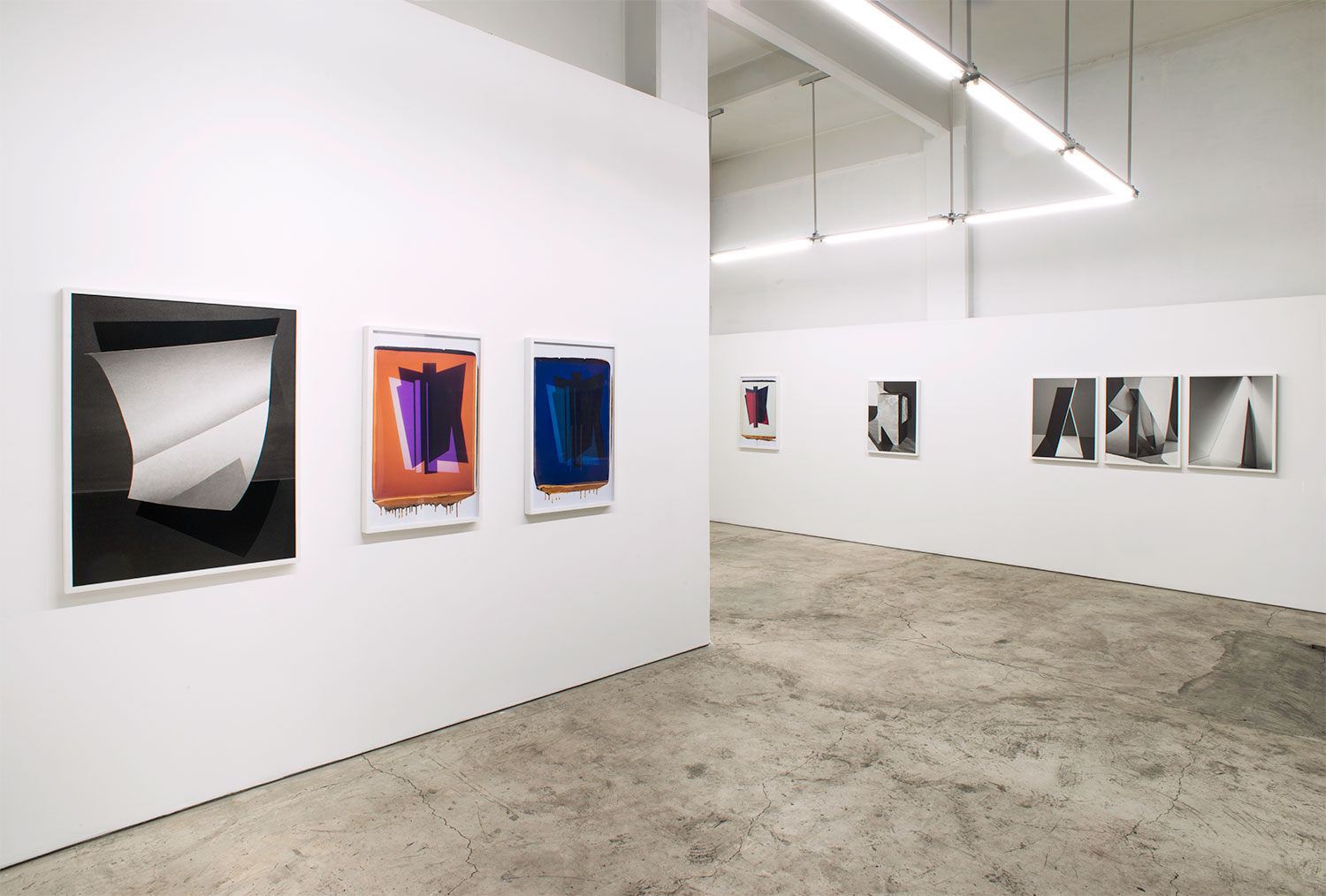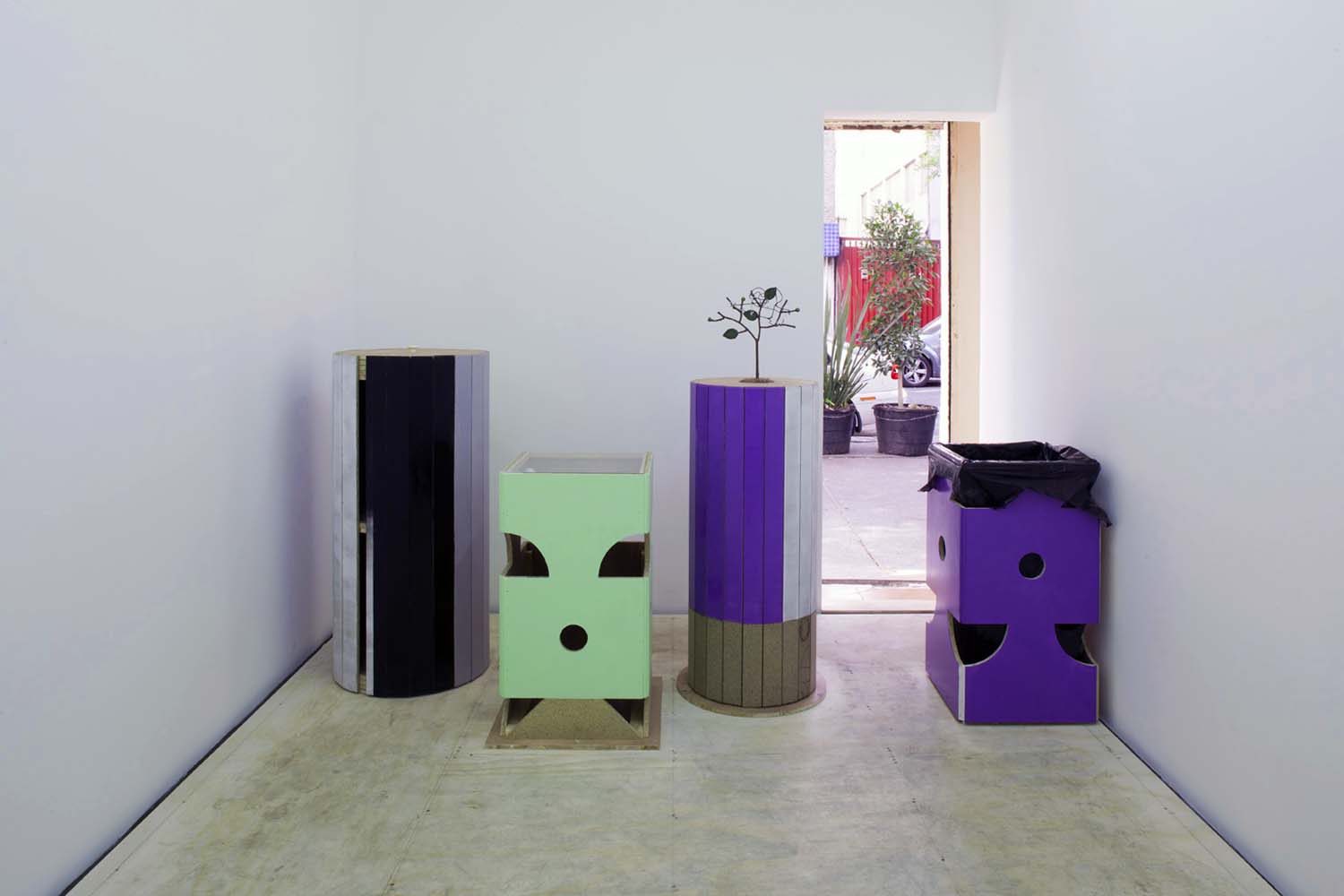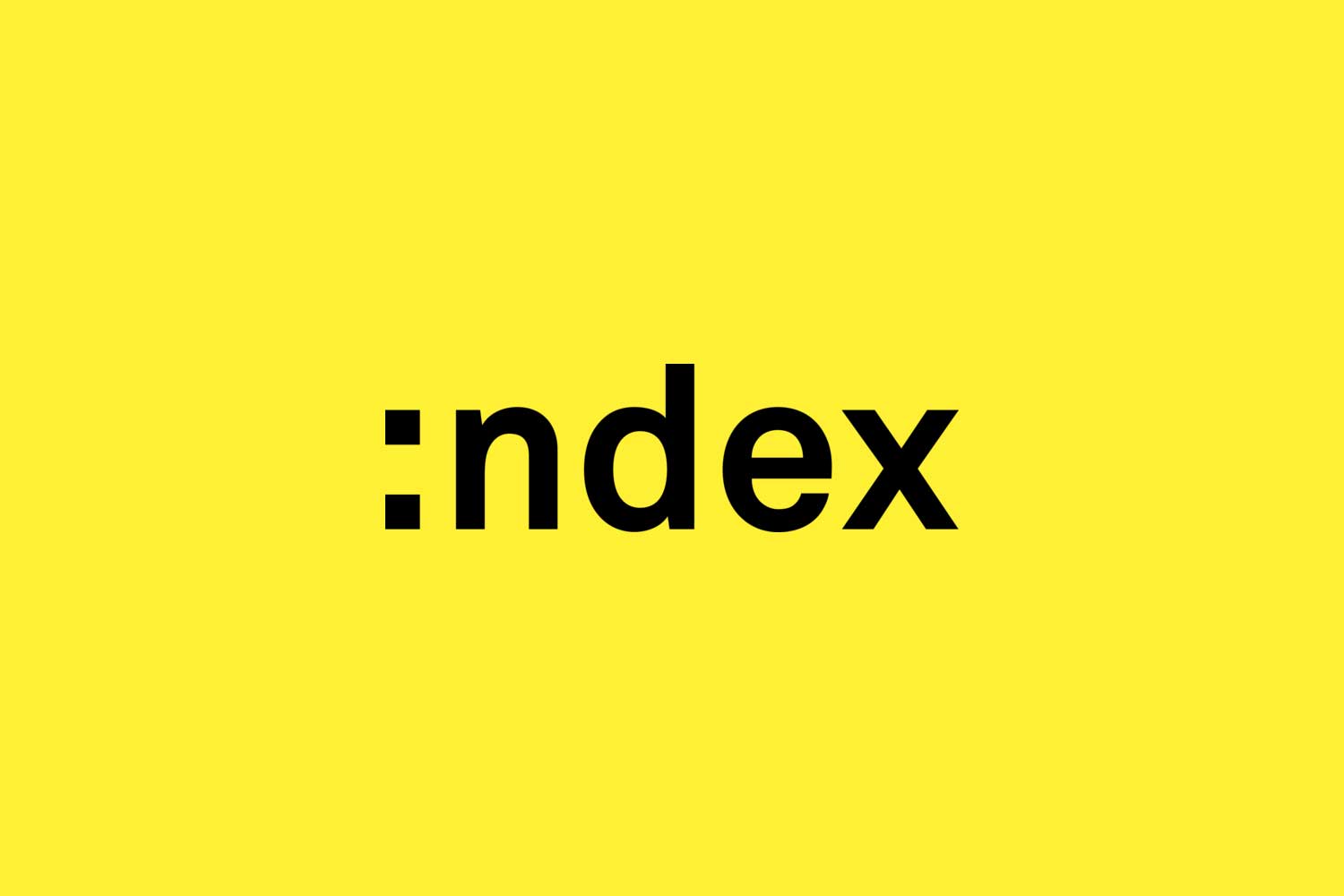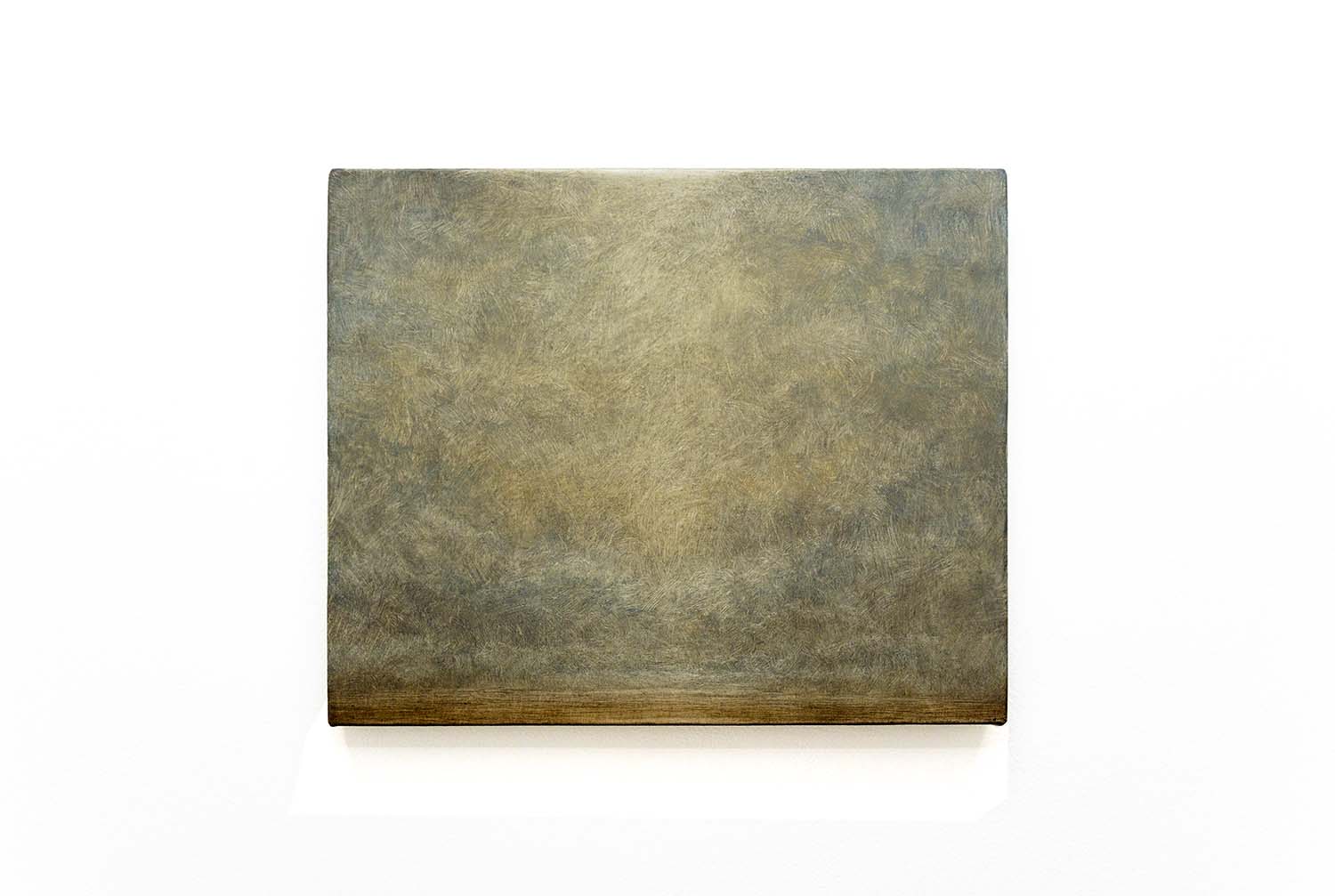This important retrospective of the Danish collective Superflex, founded in 1993 by Jakob Fenger, Rasmus Nielsen and Bjørnstjerne Christiansen, is hosted by Jumex Ecatepec and curated by Patrick Charpenel and Daniel McClean, who have focused on four main aspects: intellectual property; films; legal contracts; and labor in public contexts. The exhibition is divided into two parts: “The Corrupt Show,” which gathers 58 old and new works, and “The Speculative Machine,” a series of conversations by different experts on politics, education and culture.
As Franco Berardi Bifo observes, artists, along with scientists and technicians, are cognitarians whose knowledge production is increasingly marginalized by the market. Therefore artists and others who transform meaning and process information must attempt to create alternatives against a culture driven by capital.
The exhibition includes plenty of works that seek to fulfill this yearning. Superflex projects always stretch legal, artistic, disciplinary or cultural limits — like intellectual property — which they often connect to the demand for originality in art. For example, Free Sol LeWitt (2010) is a workshop that expands upon the concept of infinite repetition explored by LeWitt by distributing an unlimited quantity of that artist’s work. Copy Light/Factory (2005) shows photocopies of known lamp designs mounted on a generic cube frame to create a surprisingly original lamp — another challenge to intellectual property as upheld by laws and corporations.
Other efforts to defy capitalist limits are, for instance, Supershow, More than a Show (2005), in which Superflex pays visitors to attend a museum in order to augment the brand value of the institution. Or when they force art collectors to submit to Corruption Contracts that require illegal acts like fraud or bribery. In these and other projects, Superflex speculatively connects an art world in crisis, desperately in need of new artistic paradigms, with the longtime desire of artists to take social action.





